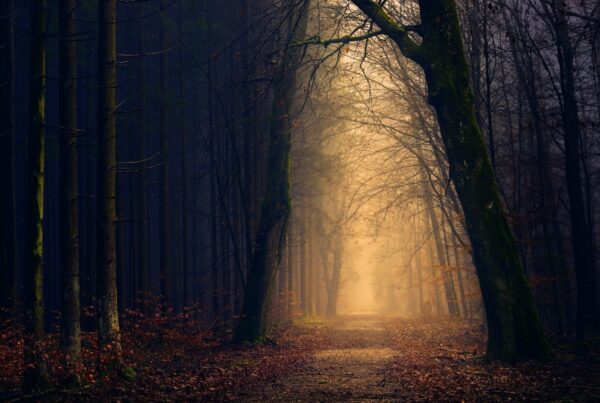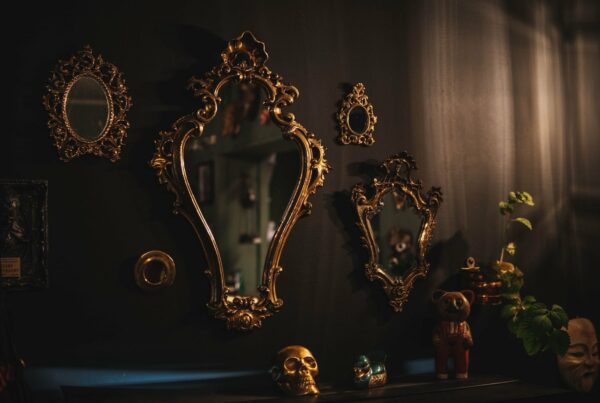O Holy Night is not only one of the most beloved Christmas hymns of all time, it also has one of the most interesting histories of any hymn in Christian history.
In 1847, a priest in a small French town decided he wanted a special poem penned for Christmas mass. He commissioned a local poet — commissionaire of wines — Placide Cappeau de Roquemaure. Cappeau, though not a churchgoer, accepted the commission, and while traveling in a coach to France’s capital city, began to read Luke’s account of the birth of Jesus. In that coach, he imagined what it must have been like to be present on that miraculous night. As the words of the gospel of Luke and his imagination swirled in his mind, the beautiful lines of his new poem began to flow through his pen onto the page. By the time he arrived at his destination, the words of “Cantique de Noel” were complete.
Cappeau quickly realized that his poem was meant to be sung. He decided to reach out to his friend, Adolphe Charles Adams. Adolphe was an accomplished musician who was certainly up to the task of matching this beautiful poetry to equally beautiful music. Although Adolphe was Jewish, he married a memorable melody to Christ-exalting lyrics.
The priest loved the song produced by this unlikely hymn-writing duo. “Cantique de Noel” was performed at the Midnight Mass on Christmas Eve. The church in France couldn’t have been more pleased, and it was soon sung in many Catholic Christmas services all over France.
But fortunes quickly changed for “Cantique de Noel.” Church leaders discovered that the lyrics were written by a man who had split from the Catholic Church to join the socialist movement, and that the was music written by a Jewish musician.
The song was publically denounced by the Church. But this official ruling against “Cantique de Noel” couldn’t weaken the French people’s love for the hymn, and they continued singing it in their homes and communities.
The French people weren’t the only ones enchanted by the song. The American writer and abolitionist, John Sullivan Dwight, was moved deeply when he heard the lines of the third verse:
Truly he taught us to love one another;
his law is love and his gospel is peace.
Chains shall he break,
for the slave is our brother;
and in his name
all oppression shall cease.
Dwight translated the French song into English and printed “O Holy Night” in his magazine. The song quickly found favor during the Civil War, especially in the North, as an anthem for freedom.
Back in France, the censured song made a miraculous appearance in the Franco-Prussian War. Legend has it that on Christmas Eve 1871, while fighting raged on between Germany and France, a French soldier jumped out of his trench and began to sing “Cantique de Noel.” After listening to the familiar Christmas hymn, a German soldier climbed out of his fortification to answer the song with another Christmas hymn, “From Heaven Above to Earth I Come.” The fighting stopped for the next 24 hours as both sides observed Christmas Day. Shortly after this incident, the French Church embraced “Cantique de Noel” once more in their holiday services.
But that’s not the end of the amazing history of “O Holy Night.” On Christmas Eve in 1906, radio operators on ships and wireless owners at newspapers were shocked to hear something no one had ever heard over the radio — a human voice. Reginald Fessenden spoke the first words ever broadcast over the radio airwaves: “And it came to pass in those days, that there went out a decree from Caesar Augustus, that all the world should be taxed…” And after reading Luke’s account of the birth of Jesus, he picked up his violin and began to play the first song ever broadcast over the airwaves: “O Holy Night.”
This incredible history of an incredible hymn reminds us that God will have His glory in a non-believing French socialist, in the beauty of poetry, across nations, in the horrors of war, and even in the birth of new technology.
Christ is the Lord!
O praise His Name forever!
His power and glory
evermore proclaim.
His power and glory
evermore proclaim!
This article was written by Winter Garden Pastor Grant Nixon and originally published in Grace Magazine.




